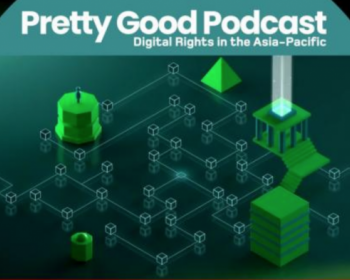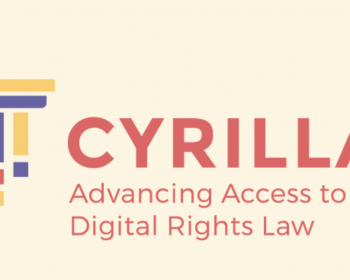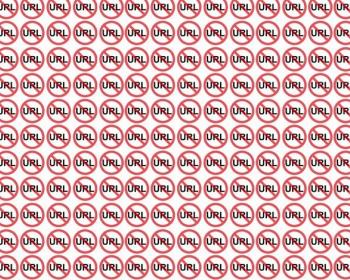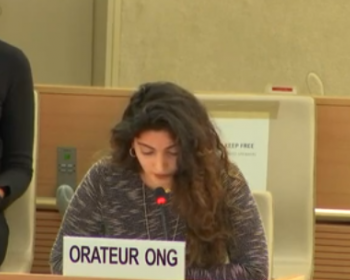Myanmar
Three years after Myanmar’s military junta seized power, local and international civil society actors including APC are calling on the international community to stand with the country's people, offering not only solidarity, but also concrete resources to resist digital oppression.
One year ago, as the Myanmar military sent tanks down the streets, it shut down the internet, mobile phone networks and radio and television channels. Today, the military is ramping up efforts to cement authoritarian control of online space. This is a digital coup, and the world must resist.
EngageMedia spoke with Thinzar Shunlei Yi, a prominent pro-democracy activist in Myanmar, to find out more about how the military is using technology against protesters, and what kinds of support Myanmar civil society needs to continue their fight for democracy.
The undersigned organisations call on the military to immediately respect the election results, return power to the elected parliament and government, unconditionally release all those detained, refrain from all acts of violence, and restore and maintain full internet connectivity.
Following the recently concluded elections in Myanmar, EngageMedia sits down with Maung Zarni, Burmese scholar and co-founder of Forces of Renewal Southeast Asia (FORSEA), to discuss how the poll results tie into the bigger digital rights challenges that the country is facing today.
From 10 - 12 June, CYRILLA and APC hosted a Twitter campaign. The purpose of #DigitalLawsAsia was to explore the human rights impacts of digital regulation in South and Southeast Asia.
The internet is the primary source of information on the global COVID-19 pandemic. But Arakan in western Myanmar is currently experiencing the longest-running internet shutdown in the world, and the lack of access to information could put an already vulnerable population in a dangerous situation.
In the last two weeks of March 2020, the government issued several directives to Myanmar telecom operators ordering them to block at least 221 websites. We believe that the government’s order to block these websites lacks an adequate legal basis and is in violation of international human rights law.
APC and the Myanmar ICT for Development Organization thank the Special Rapporteur for her report on the situation of human rights in Myanmar, particularly for highlighting how ICTs are being leveraged to perpetuate violations against religious minorities such as the Rohingya.
Myanmar ICT for Development Organisation is an APC member organisations working on ICTs for peace. We talked to programme manager Myo Min Aung about how his recent participation in the African School on Internet Governance will impact their work, and what’s ahead.

Association for Progressive Communications (APC) 2022
Unless otherwise stated, content on the APC website is licensed under Creative Commons Attribution 4.0 International (CC BY 4.0)











